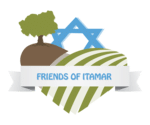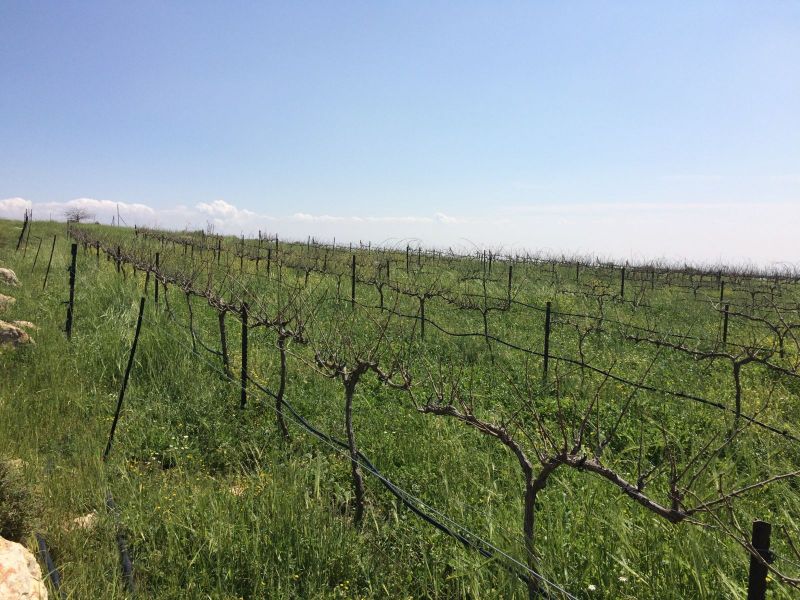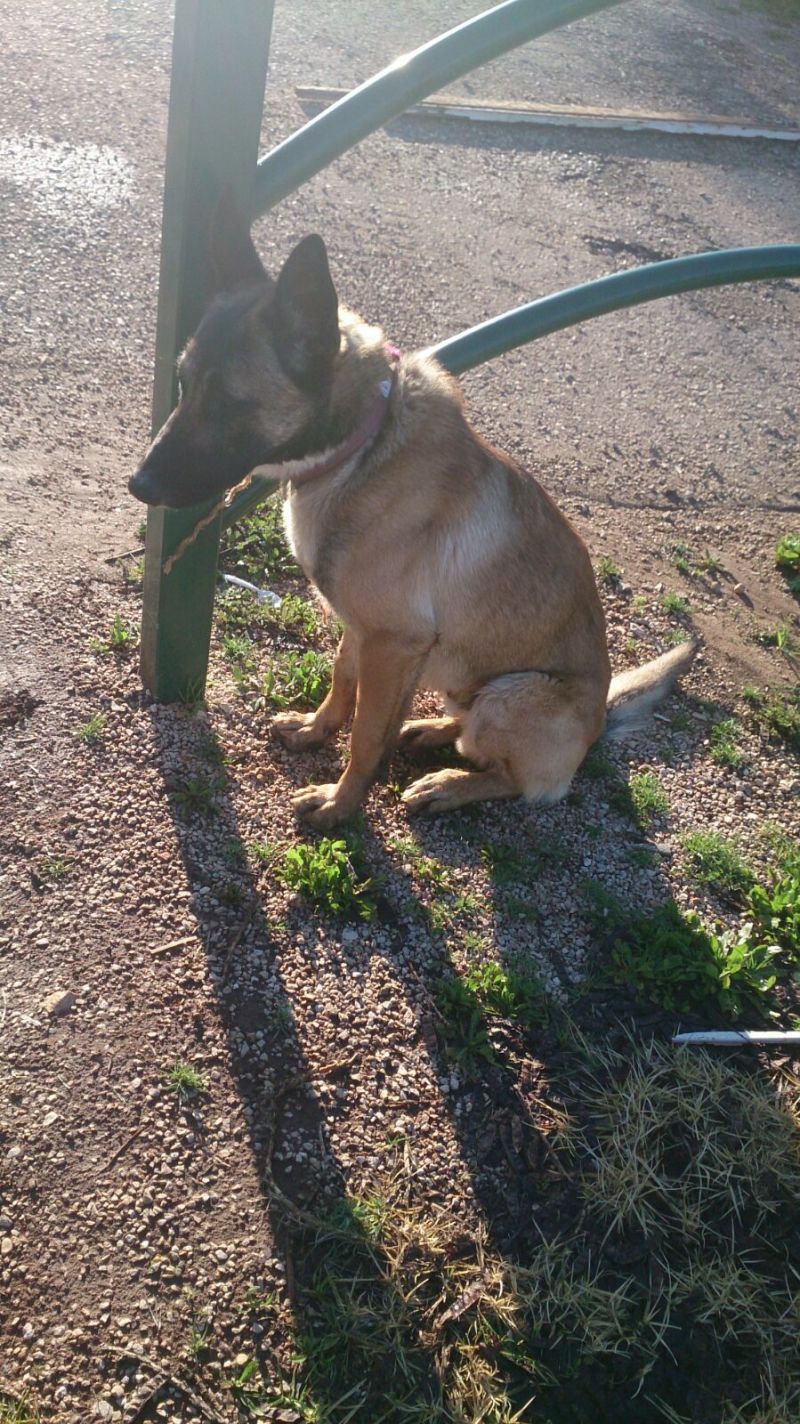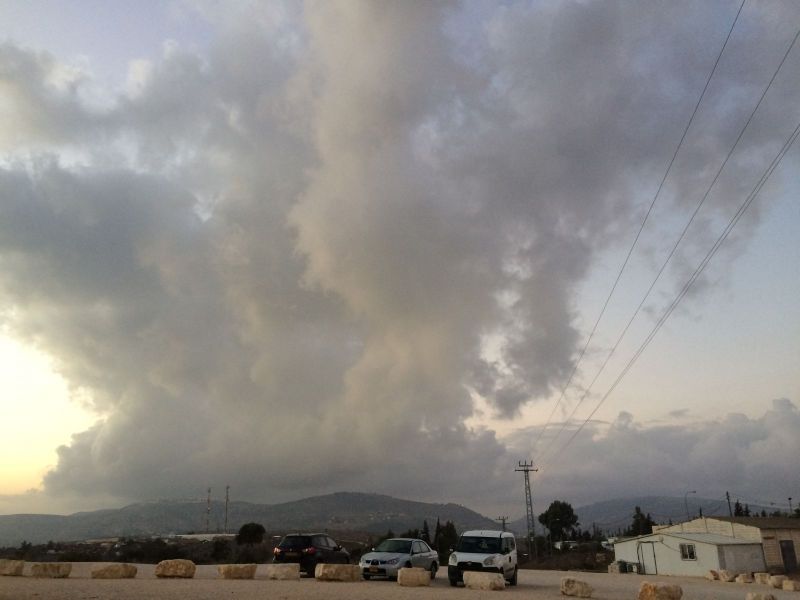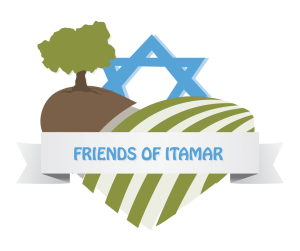The Modern State of Israel in light of Prophecy
In order to understand the present-day spiritual situation in Israel, in light of prophecy, it is necessary to present a historical description of the religious trends that marked
Essay on Parasahat Vayikrah – A Look Into Animal Sacrifice
One of the hardest commandments of the Torah to understand is animal sacrifice. How can Hashem who is “good to all and merciful to all his creations” (Psalms 145:9) com
Essay on Parashat Vayakhel Shekalim 2016
This week we will not only read our regular portion of the week, Parasaht Vayakhel, but we will also read Parashat Shekalim, the first of four special parshiot that are read during
Essay on Parshat Mishpatim/ Trumah Holiness
In last week’s portion, Parashat Mishpatim, there are many different laws that are brought down dealing with a variety of monetary, social, criminal, agricultural and other t
Essay On Parshat Bishalach – Who is “Serach”
“Moshe said to the people, “Remember this day, when you went out of Egypt, out of the house of bondage, for with a mighty hand, Hashem took you out of here, and no leav
Essay on Parashat BO – Did Pharaoh have free will?
German 1900th century philosopher, Friedrich Nietzsche in his book Twilight of the Idols writes ” Today we no longer have any pity for the concept of “free will&
Parashat Vayishlach – A Display of Unity
Last night, on the eve of the fifteen day of Kislev 5776, a very special wedding took place in Jerusalem in Binyaney Haumah. Sarah Tichyeh Litman, the precious bride, who lost her
Parashat Toldot – Essay – “The Kosher Pig”
The Talmud in the tractate of Pesachim relates a story of Rabbi Joseph the son of Rabbi Yehoshua Ben Levi that was ill and his soul left him temporarily and entered the upper world
Essay On Parashat Chayay Sarah
Looking at world statistics one will find that the not only the average age of marriage has risen to an all-time high but the numbers of never married adults is also breaking all t
